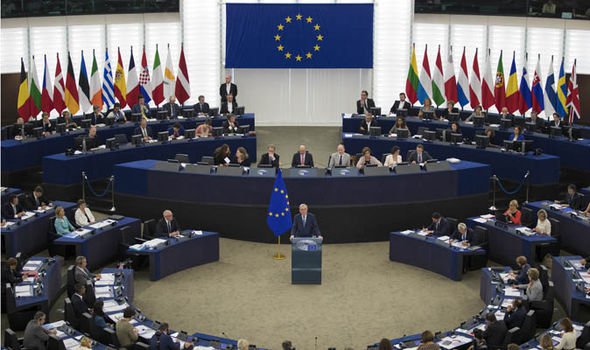The European Stability Mechanism, the European Union’s bailout authority, approved 8.5 billion euros ($9.7 billion) in financial aid to Greece on Friday, allowing the country to meet payments due this month and formally closing a key chapter of its rescue.
A tranche of 7.7 billion euros will be disbursed on July 10, the Luxembourg-based ESM said, while the remaining amount will be available from September, and granted only once Athens has cleared sufficient domestic arrears.
“Today’s decision by the ESM board of directors shows that Greece has completed the reforms required at this stage, ESM Managing Director Klaus Regling said. “The government should continue on this path to rebuild a competitive economy and regain investors’ trust.”
The decision comes after euro-area finance ministers agreed last month that Greece had undertaken enough economic reforms to get additional financial aid under its 86 billion-euro bailout, while offering more clarity on what future debt relief for the crisis-ridden state could entail.
Debt Servicing
Out of the 8.5 billion-euro payout, 6.9 billion euros will go toward debt servicing, and 1.6 billion euros toward the repayment of money owed by the state to domestic producers. The Greek government must clear its arrears with one euro of its own resources for every two euros of money from loans.
The agreement to give Greece the fresh loans marks the official end of a months-long review of the country’s bailout that was also partly delayed by the International Monetary Fund’s reluctance to participate in the aid program unless it received sufficient assurances on Greek debt sustainability.
In the end, the Washington-based IMF said it would consider signing off on a 14-month credit line for Greece, but only dole out fresh loans once it receives further assurances on the country’s debt, which it still sees as unsustainable.
The lack of further clarification on debt relief measures also means the country’s bonds currently can’t be included in the European Central Bank’s quantitative easing program, which would cut borrowing costs and ease its return to the market — a promise the government in Athens has been making for months.








